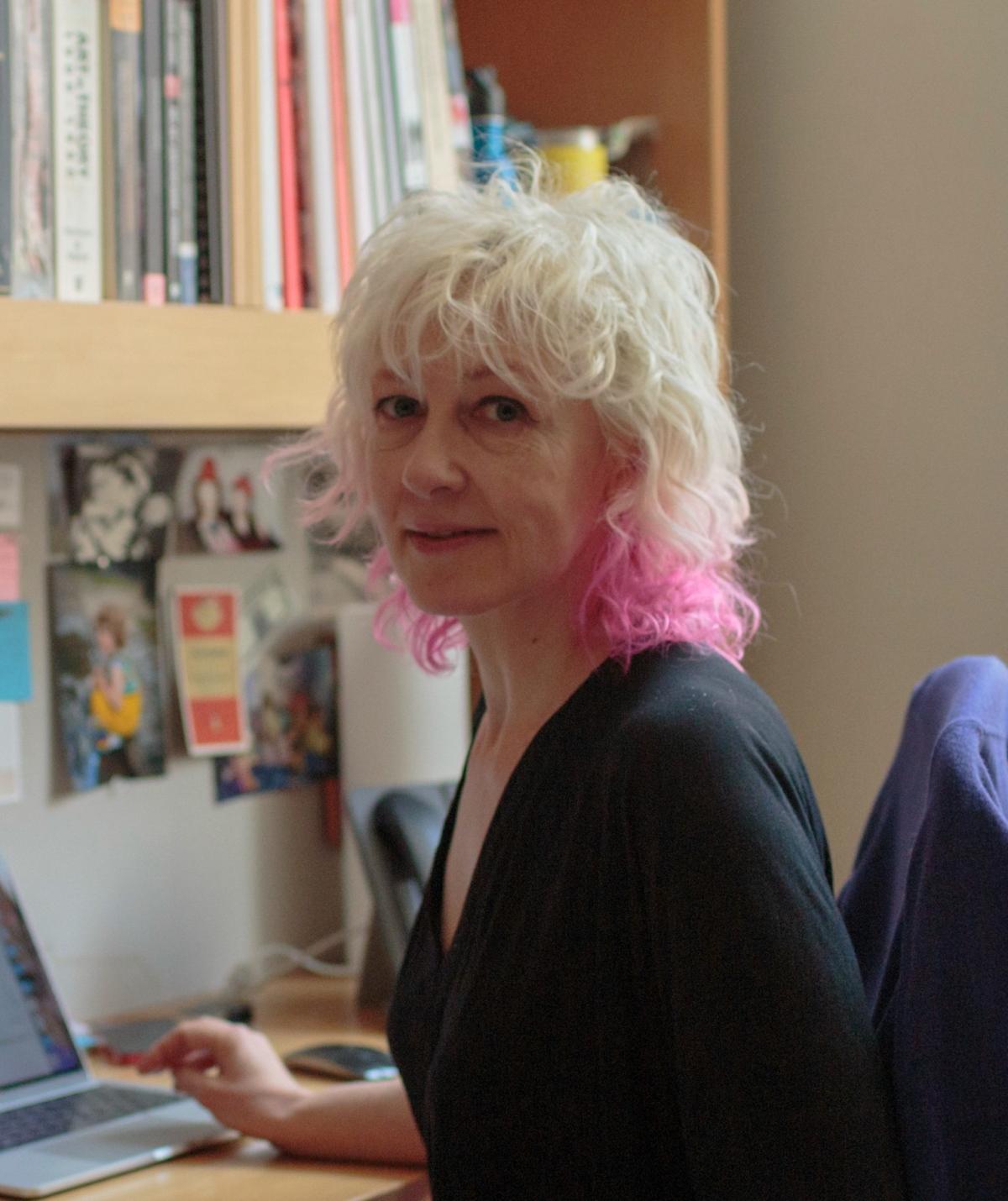This lecture addresses the resurgence of interest in “ancestralism” among performance and visual artists, whose works hark back to traditional, pre-colonial, or indigenous forms of collective knowledge, often in the form of ceremonies, rituals, and invocations. The reasons for this artistic focus on healing and ritual are important, and perhaps all too obvious: structural heteropatriarchy, white supremacy, and the failures of Western rationalism, which have led to the global climate crisis, wars and occupations. These issues are crucial and need to be articulated. At the same time, difficult questions arise: whose ancestors are being invoked, and to what ends? What differences can we observe across historical periods and geographical regions? And how might we develop a critical vocabulary for approaching a body of work that often requires not just our participation, but also an openness to the spiritual?

Claire Bishop is an art critic and Presidential Professor in the PhD Program in Art History at the Graduate Center, City University of New York. Her books include Artificial Hells: Participatory Art and the Politics of Spectatorship (Verso, 2012, which won the Frank Jewett Mather Award for Art Criticism), a book of conversations with the Cuban artist Tania Bruguera (Cisneros, 2020), Merce Cunningham’s Events: Key Concepts (Koenig, 2024), and Disordered Attention: How We Look at Art and Performance Today (Verso, 2024, which was shortlisted for the 2024 National Book Critics Circle Award). She is a Contributing Editor of Artforum, a Guggenheim Fellow (2024), and her essays and books have been translated into twenty languages.
This event is presented by the IHGC Collaborative Curation Lab in collaboration with the Department of Art’s Lindner Distinguished Lecture Series.